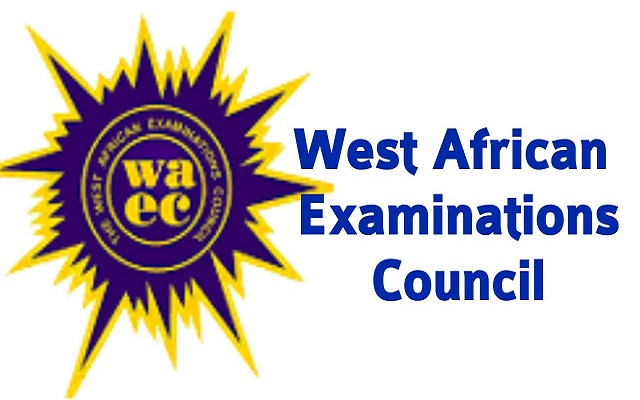The West African Examinations Council (WAEC) has officially released the results of the 2025 West African Senior School Certificate Examination (WASSCE) for school candidates.
The announcement was made on Monday, August 4, 2025, through a statement posted on the Council’s official X handle.
“The West African Examinations Council is pleased to inform candidates who sat WASSCE for School Candidates, 2025 that the result has officially been released today, Monday, August 4, 2025,” the statement read.
Candidates who participated in the examination are now able to check their results online via the Council’s portal. “To access the result, log on to http://waecdirect.org,” WAEC advised.
Meanwhile, speaking at a press briefing held at the Council’s national headquarters in Yaba, Lagos, the Head of the Nigeria National Office of WAEC, Dr. Amos Dangut, described the overall conduct of the examination as a “huge success” in spite of some logistical and operational challenges.
This year’s WASSCE saw a total of 1,969,313 candidates from 23,554 schools across Nigeria participate in the examination, which was conducted between April 24 and July 22, 2025. The coordination and marking exercise took place from July 3 to 21.
Out of the total number of candidates, 754,545 obtained a minimum of five credits, including English Language and Mathematics—representing 38.32 per cent. This marks a significant decline from the 72.12 per cent recorded in 2024, a drop of 33.8 per cent.
Explaining the reason for the steep decline, Dr. Dangut said the Council had adopted a new strategy by serialising objective test papers in core subjects such as Mathematics, English, Biology, and Economics. “This approach drastically reduced the incidence of collusion and made examination malpractice more difficult,” he said.
He further explained that while performance in the objective papers saw a noticeable drop, the essay components remained consistent with previous years. “We observed a dip in the performance of objective papers, but essay papers remained consistent with previous years. It’s a strong signal that candidates must rely on their own preparation,” Dangut noted.
To enhance result processing efficiency, WAEC deployed a real-time digital scoring system during the marking phase, leading to faster and more accurate collation of scores.
According to the Council, 1,517,517 candidates, representing 77.06 per cent, had their full results released, while 451,796 candidates (22.94 per cent) had some of their subjects still being processed due to technical issues. Dr. Dangut assured that these issues would be resolved within a few days.
On the issue of examination malpractice, the Council revealed that results of 192,089 candidates, about 9.75 per cent of the total, were being withheld for offenses ranging from the use of banned mobile phones to collusion. This figure represents a slight improvement from the 11.92 per cent recorded in 2024.
WAEC also issued a stern warning to rogue website operators and compromised examination supervisors who continue to facilitate cheating. “These unscrupulous elements have become a thorn in the Council’s flesh. Some even use our name to distribute fake messages. We’ve apprehended some of them, and appropriate sanctions will be applied,” Dangut stated.
He also made it clear that state governments indebted to the Council would not have access to the results of candidates sponsored under their care until such debts are settled.
This year’s examination also included 12,178 candidates with special needs. Among them, 112 were visually impaired, 615 had hearing impairments, 52 were spastic or mentally challenged, and 37 had physical disabilities. WAEC confirmed that all were provided with the necessary support throughout the examination period.
In terms of gender distribution, 976,787 candidates (49.60 per cent) were male, while 992,526 (50.40 per cent) were female. Of those who achieved five credits including English and Mathematics, females performed slightly better, 53.99 per cent (407,353 candidates) were female, compared to 46.01 per cent (347,192 candidates) who were male.
The 2025 WASSCE for school candidates also marked a significant milestone in the Council’s digital transformation, as it began the transition to Computer-Based Testing (CBT).
Candidates were given the option to choose between the traditional paper-and-pencil format and a CBT version. “This year’s exam placed us as a foremost examining body to have conducted an achievement test using a computer-based format,” Dangut noted.
Looking ahead, he revealed that the Council is working toward fully digitising the examination process for school candidates by 2026, mirroring the system currently in place for the CB-WASSCE for private candidates, Second Series.

